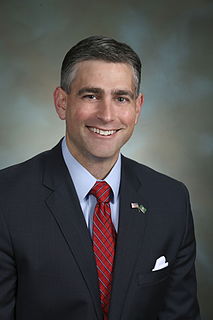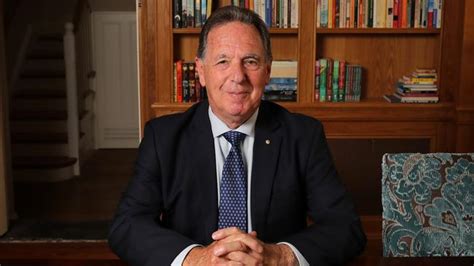A Quote by Michael Baumgartner
My interest in foreign policy is above the average voter's interest. That doesn't mean we shouldn't talk about it.
Related Quotes
I think what we need to do is understand our number one obligation is to act in the national interest of the United States of America. I believe it is in our national interest to see democracy take hold on the island of Cuba. And so we examine our foreign policy, including all the changes that President Obama made, in that lens and through that lens.
There is no self-interest completely unrelated to others' interests. Due to the fundamental interconnectedness which lies at the heart of reality, your interest is also my interest. From this it becomes clear that "my" interest and "your" interest are intimately connected. In a deep sense, they converge.
I have always regard nonalignment as a statement that India's policies, foreign policy will be guided by what I describe as enlightened national interest. That we will make judgments on an independent basis, with the sole concern being what is enlightened India's national interest. In that sense, nonalignment remains as relevant today as it was in the early 1950s.































